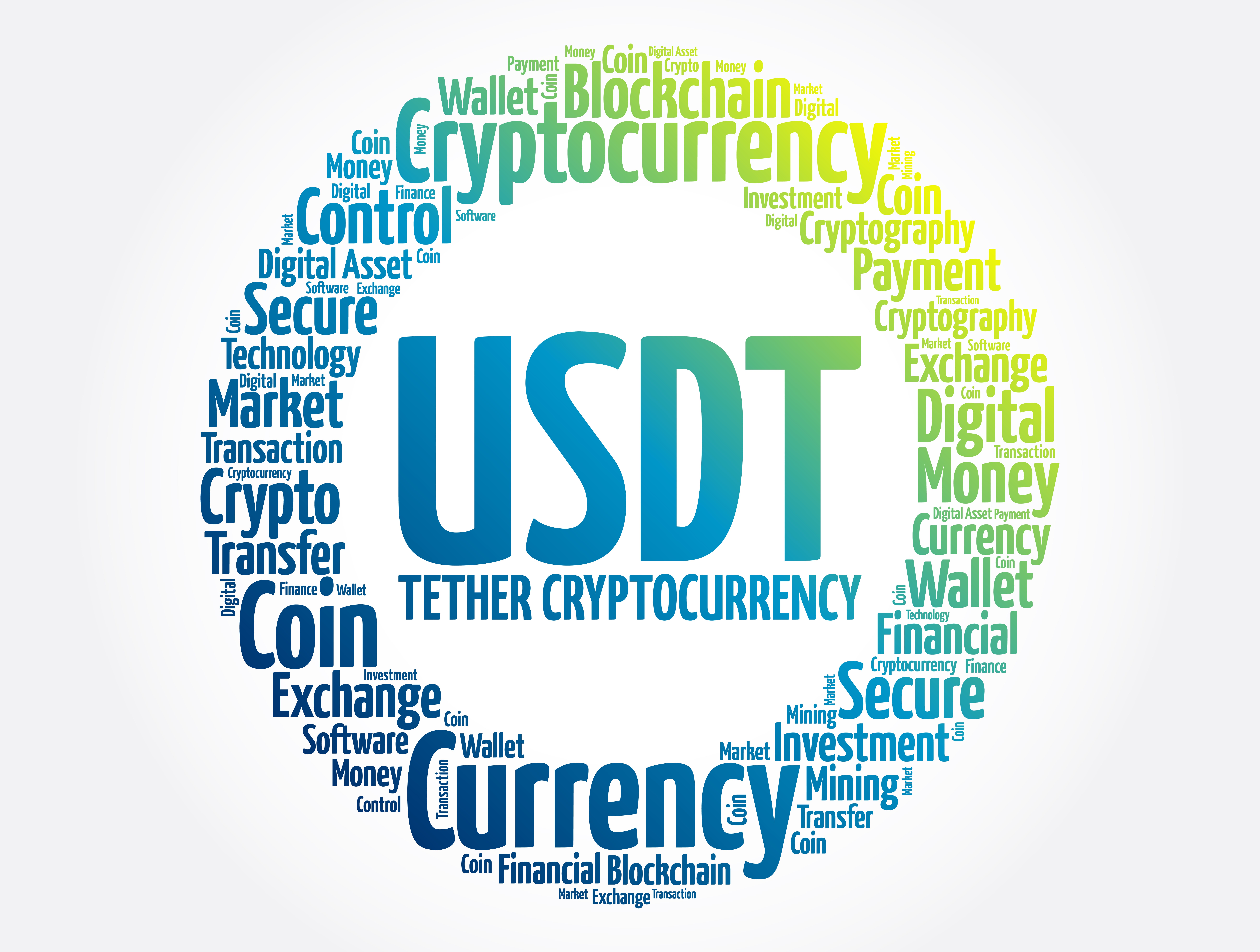Tether Moves Against ‘Terror and Warfare’ – Freezes Almost $ 900k In Crypto Assets

- A total of 32 addresses containing over US $870,000 ($1.38 million).
- Tether says it works with Israel’s NBCTF and Ukrainian officials.
- Compared to a whopping US $445 billion ($700 billion) global cybercrime, these amounts are tiny.
- Criminals use crypto for their illegal activities despite transactions being easy to track.
Tether (USDT) has intensified its collaboration with international law enforcement agencies to counteract terrorism and warfare funded through cryptocurrency, it said in a blog post. The collaboration is in regard to crypto wallets linked to terrorist activity in Israel and the war in Ukraine.
Having extended support to 31 agencies across 19 jurisdictions, Tether has so far in total immobilised assets amounting to US $835 million ($1.31 billion). The bulk of these frozen assets trace back to thefts, particularly blockchain and exchange hacks, while a smaller fraction relates to other criminal activities. Among the nations that have benefitted from Tether’s cooperation are Brazil, Singapore, the Philippines, Germany, South Korea, Norway, and several others, spanning continents from Asia to Europe to the Americas.
Terrorism-Related Addresses Affected
Of interest is Tether’s action regarding 32 addresses, cumulatively holding US $873,118.34 ($1,375,261.79), that were flagged for unlawful activities in Israel and Ukraine. In a concentrated effort to tackle crypto-sponsored terrorism and warfare, Tether has been collaborating closely with Israel’s National Bureau for Counter Terror Financing (NBCTF).
Initially, there was some confusion on Crypto-Twitter, with some mixing up the total amount Tether has immobilised over the years and the current seizures related to Israel and Ukraine.
Criminals Active in Crypto Despite Traceability
Although the frozen funds constitute just a fraction of the massive US $445 billion ($700 billion) global cybercrime toll, Tether’s capability to immobilize and revert illicitly acquired funds showcases the groundbreaking security enhancements that blockchain technologies introduce to the worldwide financial landscape.
Despite its enforcement collaborations, Tether occasionally faces criticism. Some media entities and industry critics seem to target the cryptocurrency realm, overlooking the traditional banking system’s inefficiencies in counteracting crime financing.
Reiterating the traceable nature of cryptocurrency, Tether’s CEO, Paolo Ardoino, stated,
Cryptocurrency transactions are far from being anonymous; in fact, they’re the most transparent assets. With every transaction indelibly inscribed on the blockchain, tracking fund movements becomes straightforward.
 Tether CEO, Paolo Ardoino
Tether CEO, Paolo Ardoino Despite Tether’s reassurances, crypto analytics company TRM Labs stated in a blog post that USDT is the number one choice for terrorist groups when it comes to financing their operations. According to TRM, the use of USDT in terror-related activities has increased by 240%, compared to 78% for Bitcoin (BTC).






